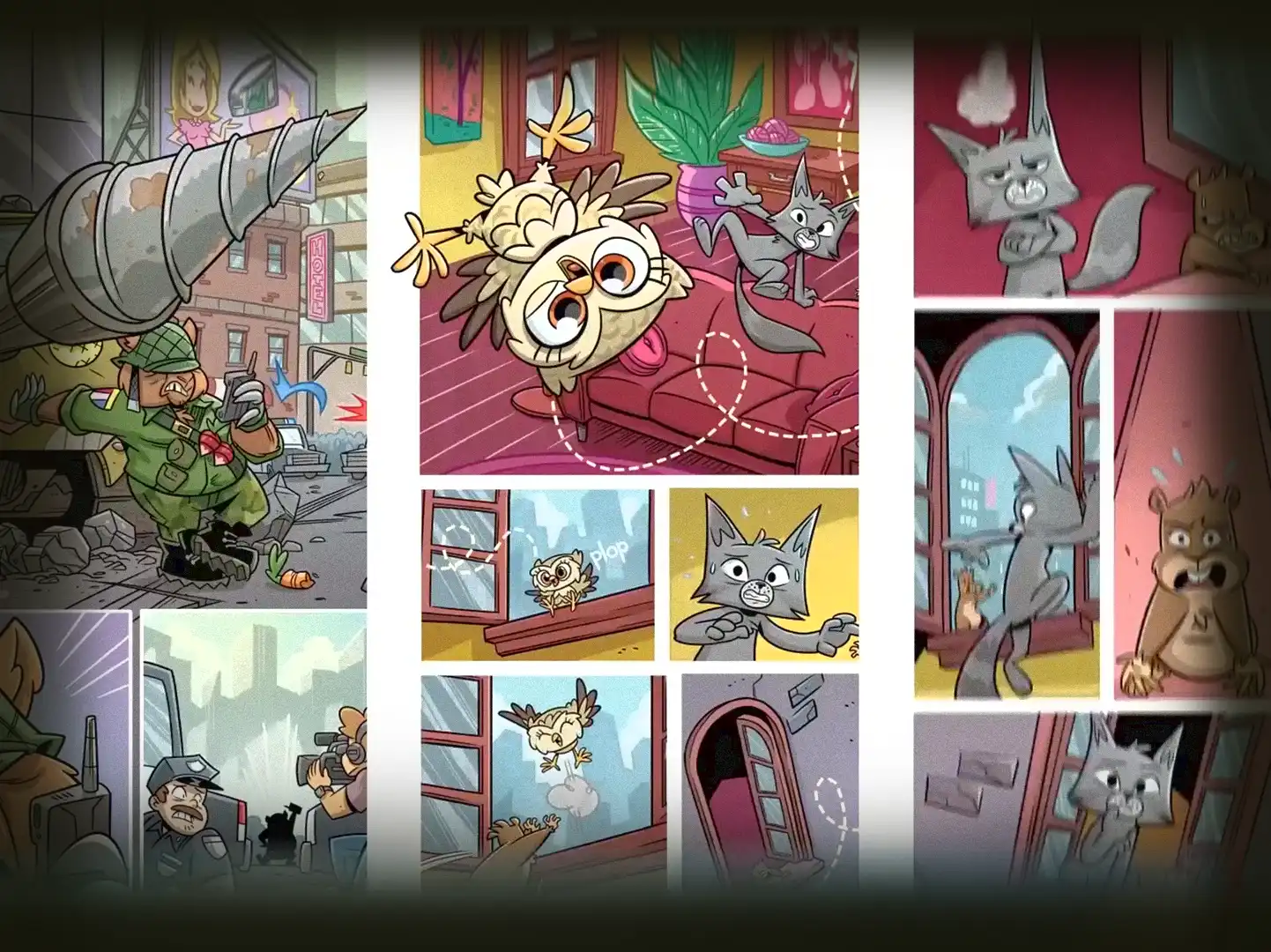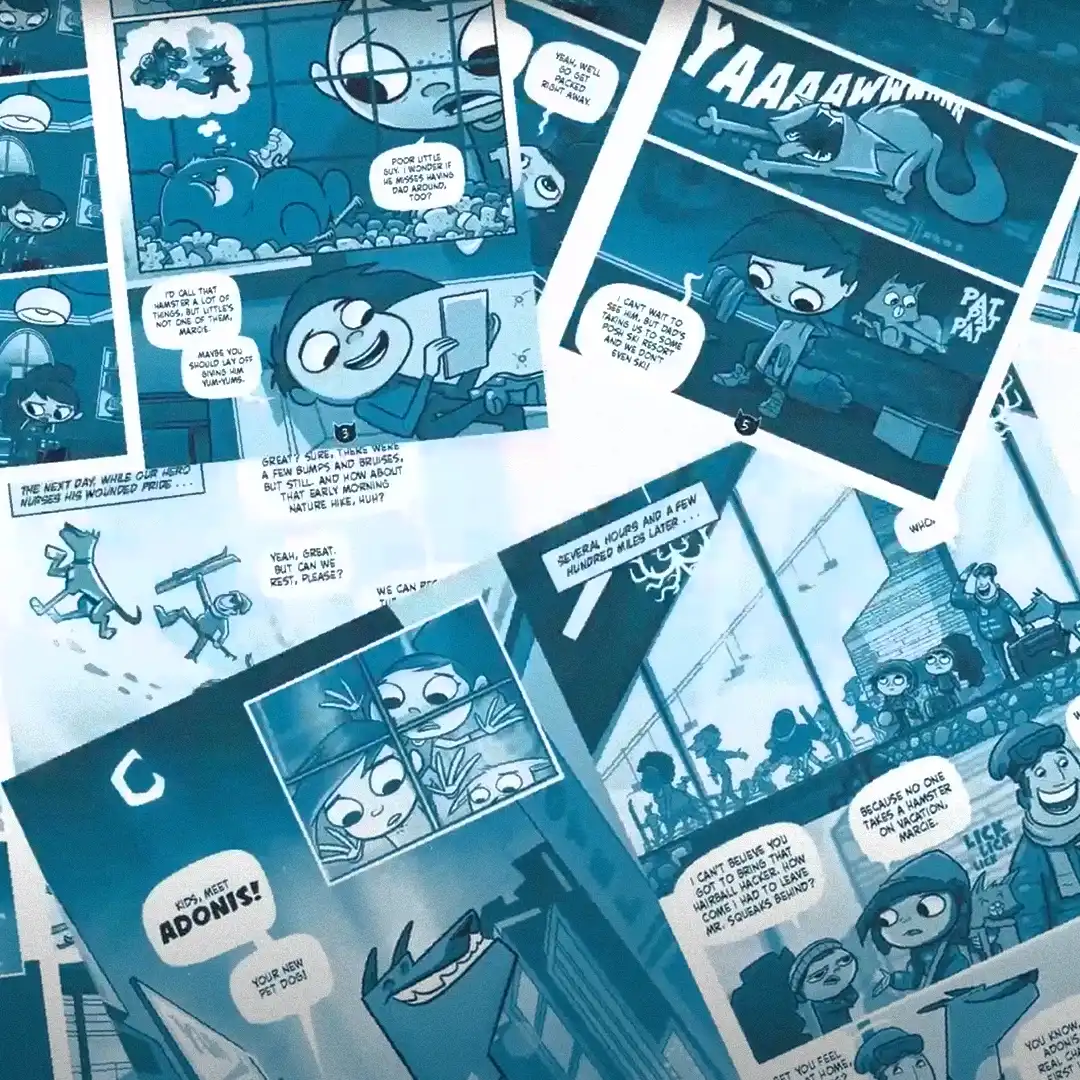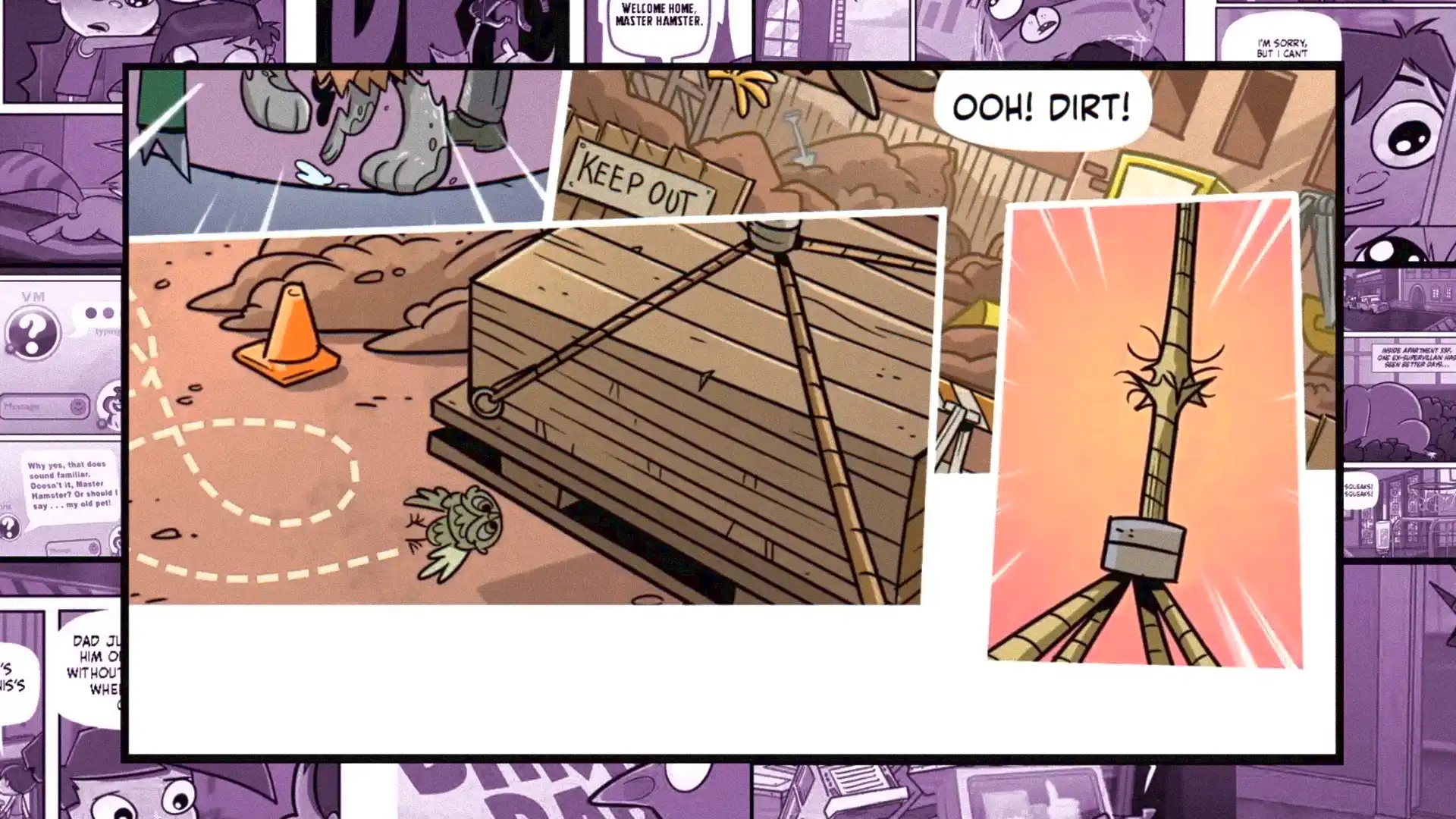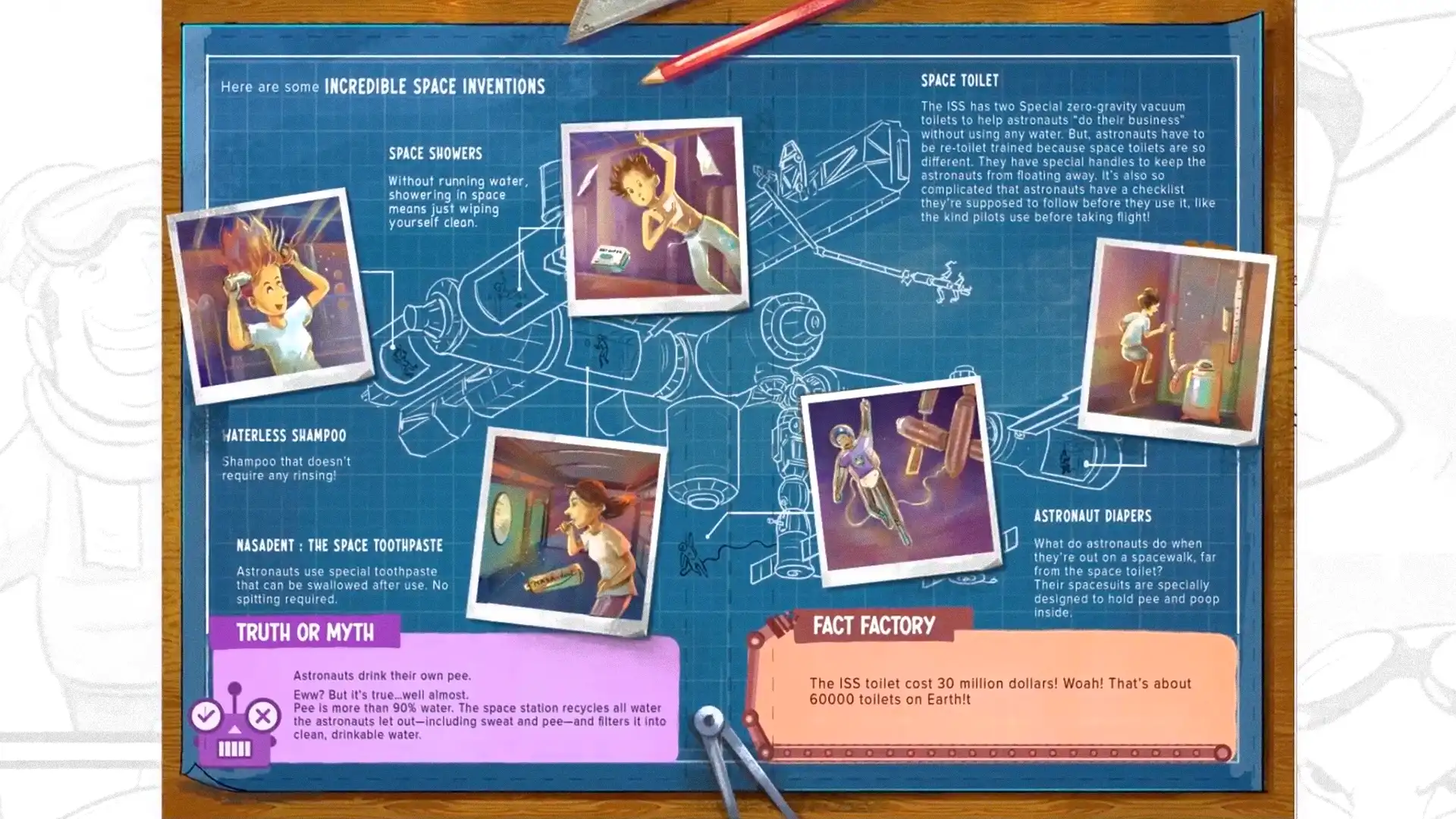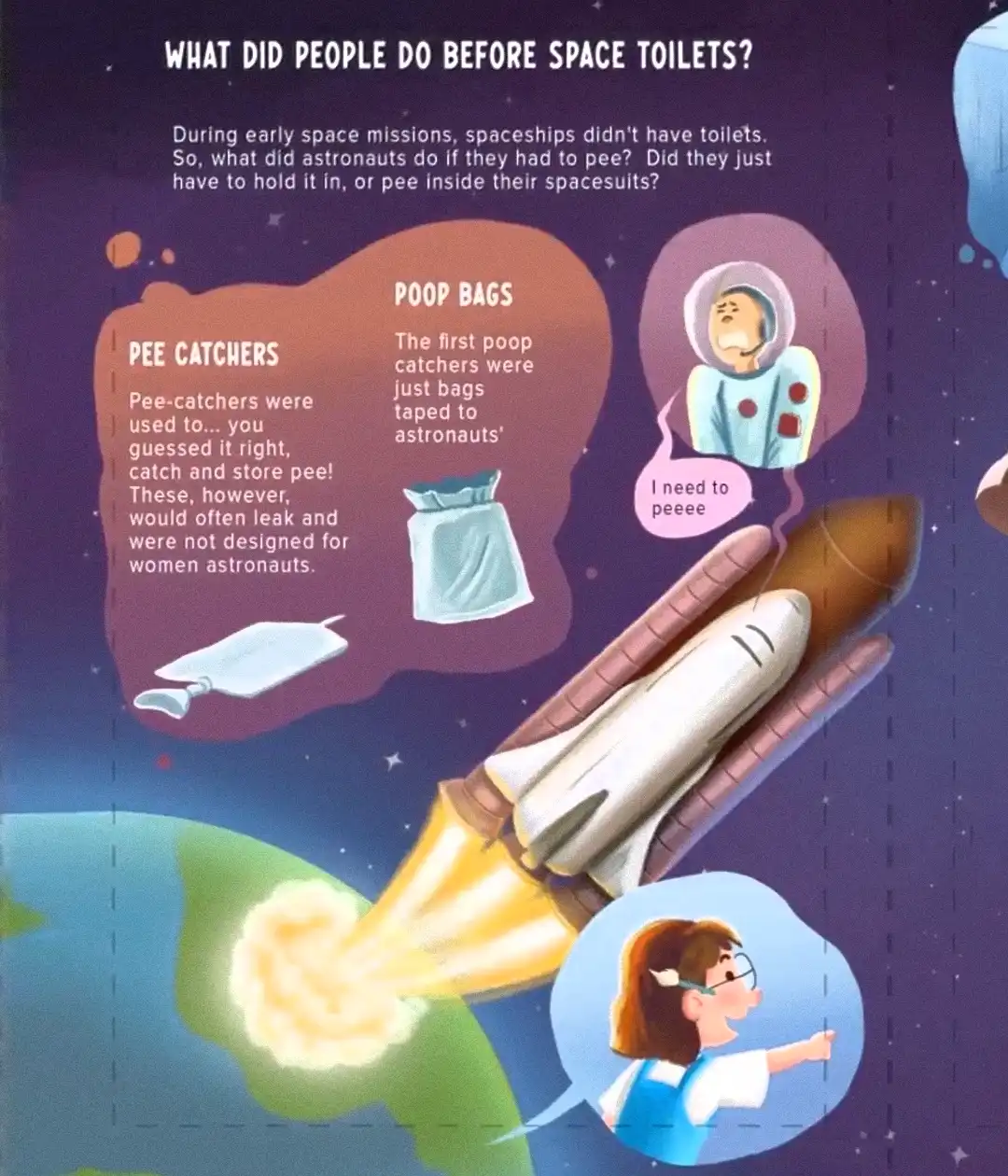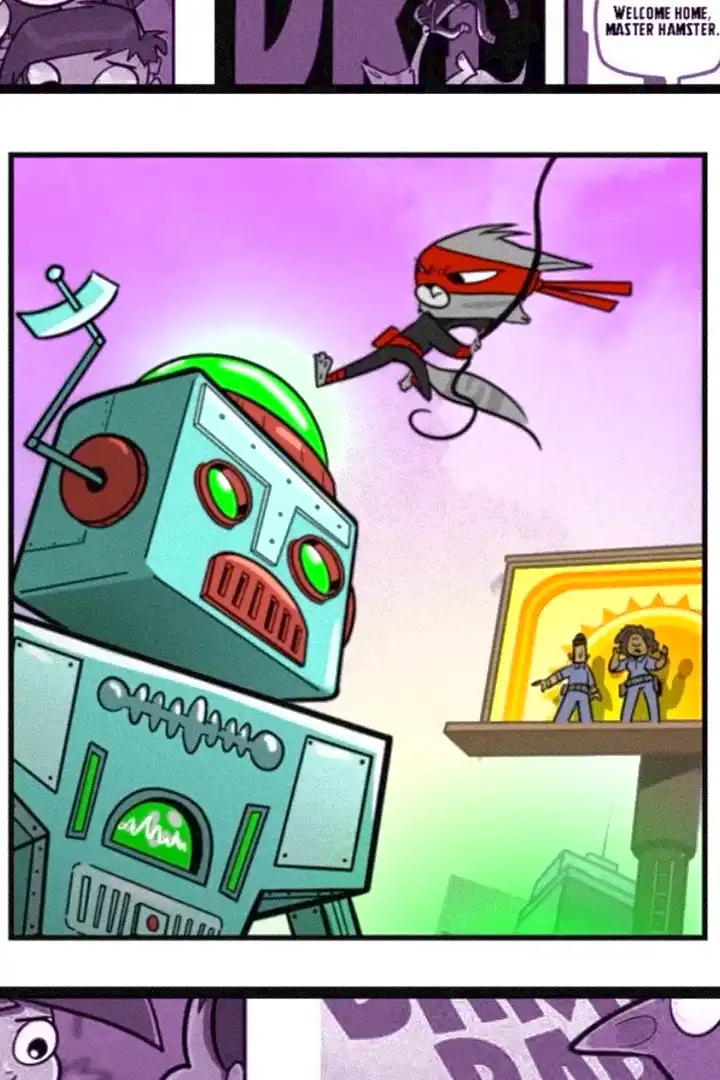Epic! Content
Ideation of new IPs and development of existing popular series in unique formats
EXPERTISE
Media
TEAM SIZE
70
PROJECT DURATION
2 years
OUTPUT
150+ books
ACHIEVEMENT
Goal
Widely considered as the Netflix for books, Epic! was always a hit with young readers when acquired by BYJU'S. Our collaborative goal was to add to double the library of original content within a year. This idea was to not only improve the revenue split in favor of original content over licensed content but also make existing IPs even more popular, and take them to newer formats such as videos and cards.
Process
Pipelines for book creation are very different from those for video creation. In fact, depending on whether the final output is a comic book, a fictional storybook, or non-fiction content, the workflow needs to have nuances. The very first step for us was to identify the main skillsets of the artists from inking to final color rendering. Once teams were distributed based on the skills, it became easier to streamline tasks. The major units included a writing team that catered to fiction and non-fiction content, an art team split across functions such as layering, blocking, inking, coloring, and paneling, and an animation team tasked with the job of adding new formats such as motion comics and cinematic pages. An approach across multiple formats and skillsets allowed the team to produce almost 2-3 releases on a weekly basis, of just original content. Apart from this, processes were put in place to cater to social media asks for Instagram and YouTube, and other content creation tasks such as SEO articles, blogs, and beyond. Newer styles such as claymation storytelling and games were also explored, in the ethos of finding new reading experiences for children. Smaller units also handled content operations and book uploads from an operational perspective.
Result
The motion comics were a massive success that not only saw improved engagement on videos, but also drove traffic back to the books. Additionally, the new IPs were very well received by users. With the newly defined workflow that allowed for collaboration across continents, we eventually set up a well-oiled machine that could create full-fledged fiction and non-fiction books in a tact time of under 2 months.
